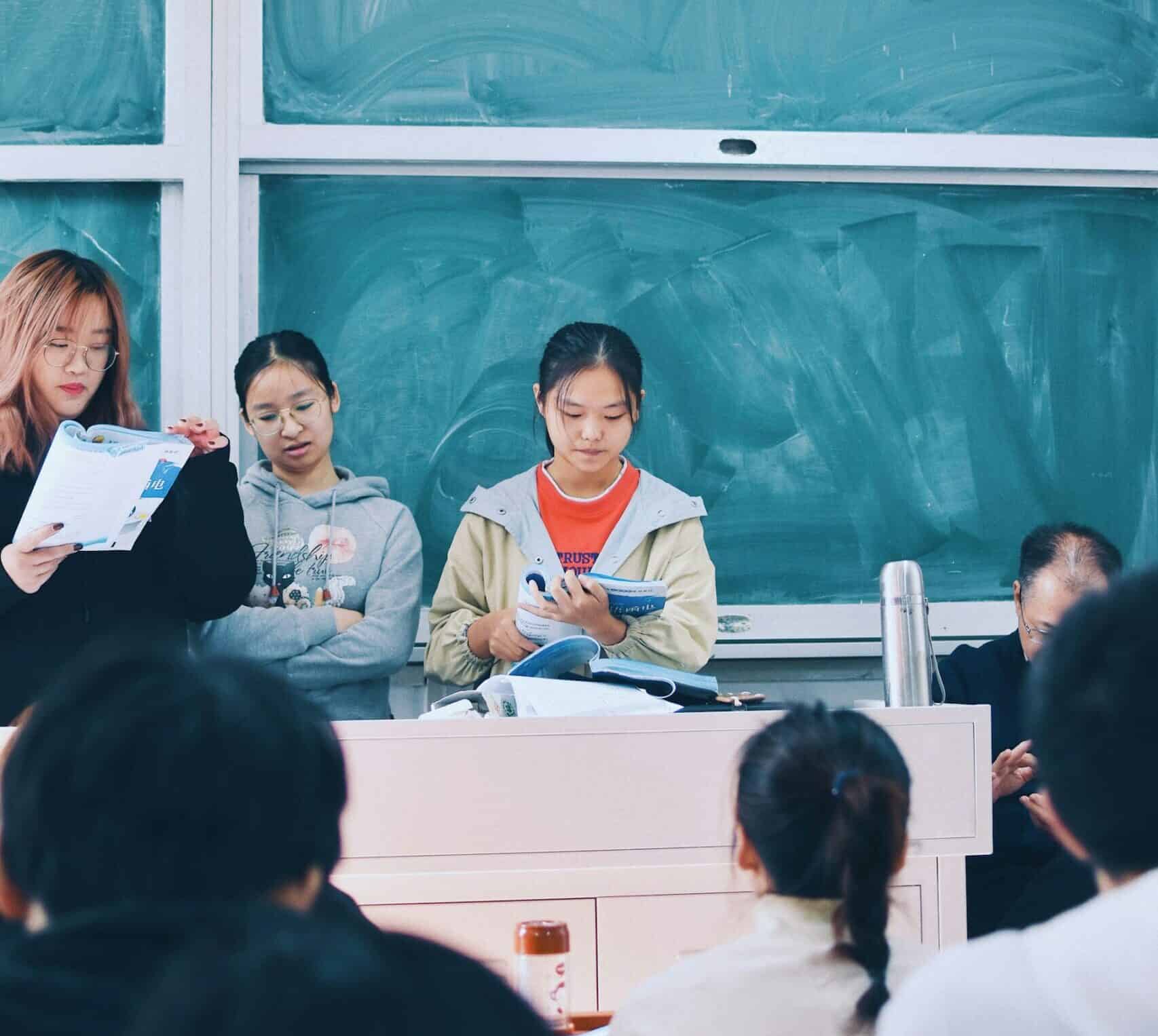The report by Beijing-based market intelligence consultancy Venture Education will be launched on June 20, revealing the recent expansion of Chinese K-12 schools catering for Chinese nationals around the world.
“As more and more international schools have opened, often under a for-profit model, the question will be whether they have deep enough pockets to compete with the Chinese government and Chinese investors wooing the same Chinese students,” said Julian Fisher, director of Venture Education.
“What’s interesting is that there has been so little written about this and what it will mean for a global international and private school ecosystem that is, in many parts of the world, highly dependent on Chinese students and money,” Fisher told The PIE News.
In 2019, the Chinese government set out its plans to expand Chinese education globally, detailing the strategic expansion of international schools so Chinese parents could live and work overseas while keeping their children in the Chinese system.
“As Chinese companies go global, and Chinese nationals do too, it is somewhat surprising that these kinds of schools have not been established sooner,” the report stated, likening the schools to the French Lycée system.
The 2019 government policy document highlighted the purpose of the expansion to help expatriate children learn Chinese heritage, language, history and culture, alongside globalising Chinese education.
“China’s ability to introduce policy quickly and at scale gives it a unique position in the international education market,” said Pippa Ebel, postgraduate student at Peking University.
“Education as a sector is relatively resistant to change, and yet China has been able to experiment with ambition and creativity over the past 10 years,” Ebel added.
“It is very likely that China’s strategy will have deep and long-lasting impacts, as more leaders emerge in the Global South with first-hand experience of China’s education system.”
China’s ability to introduce policy quickly and at scale gives it a unique position in the international education market
Pippa Ebel, Peking University
According to the policy document, in 2019 the Chinese population was the fourth largest diaspora group in the world, with 45-65 million Chinese people overseas and 20,000 Chinese language schools worldwide.
The government’s active development of K-12 schools overseas is primarily intended to support the educational needs of Chinese students overseas, as well as to raise the profile of Chinese education and support China’s economic development, the report states.
The report predicted that the rise of Chinese government supported schools will lead to a new Chinese international curriculum, and questions about government influence.
“Quite how connected the schools, particularly the private schools, will be to the Chinese Ministry of Education will be the bigger issue for world governments, their populations and their media,” said Fisher.
“The big question is perhaps can they stay somewhat independent or will the long arm of the party have some involvement further down the line?”
The report includes an analysis of the trends impacting internationally oriented schools within China, finding that growth has been unmatched in any other country, with roughly 1000 schools in China focused on sending students abroad.
Consequentially, institutional growth has outpaced the number of students in China, resulting in many internationally-oriented schools operating at 10% capacity and driving Chinese schools to expand internationally, according to the report.
The report analyses more than 3000 schools in China, that are split into seven specific categories to “avoid generalisations by politicians and journalists” and differentiate between government funded schools and those that are commercial enterprises.
Notably, over the past decade, China has developed over 1000 “Chinese Assisted Schools”, mostly in Africa, that are funded by the Chinese government or a Chinese company and are intended for local people.
Simon Probert, deputy head at Harrow Shanghai said that he expected the impact of Chinese growth on the education sector to be minimal in the short-term, but that he would be watching the growth of Chinese Assisted Schools in the Global South with interest.
However, “the top-down approach to Chinese International Schools Overseas means they may be limited in ways they can adapt to the local contexts they are in,” Probert warned.





